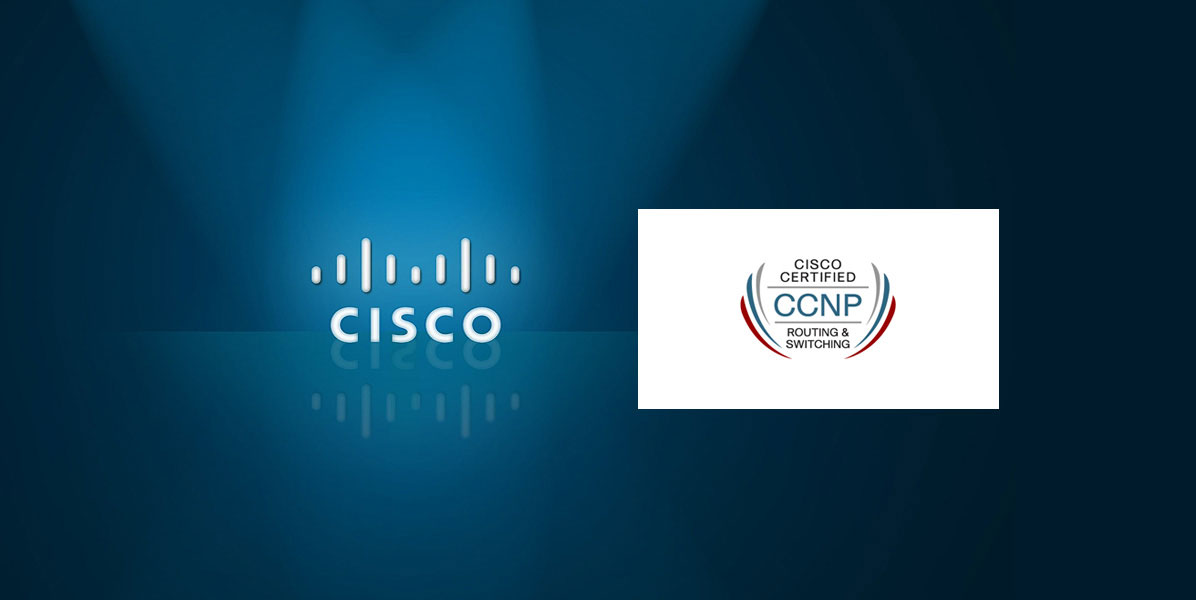CCNP R&S

Cisco Certified Network Professional (CCNP) Routing and Switching v2.0 is a professional certification offered by Cisco Systems that validates the ability to plan, implement, verify, and troubleshoot LANs and WANs. After completing the CCNP training, an IT professional can work collaboratively with specialists on advanced security, voice, wireless and video solutions.
Participants who complete the course will get that much needed edge to excel in their IT career. They will be able to work as: network engineers, support engineers, systems engineers, or network technicians.
Audience
1. We will make students to obtain authorized training that will prepare themfor certification and booster their employment opportunities.
2. Working System administrators who have an expertise in Configuring the CCNA
3. Who have an experience in implementing and monitoring the Networking
Prerequisites
N+ and CCNA
Duration:
Total duration – 150Hrs
Part time – 75 days, 2hours/day.
Full time – 20 days, 8hrs/day.
Key Benefits:
Manage Advanced router and switch configuration, Maintain and monitor network performance and troubleshoot Multi-Protocol system networks, Build campus networks using multilayer switching technologies, Improve traffic flow, reliability, redundancy, and performance for campus LANs, routed and switched WANs, and remote access networks, Create and deploy a global intranet, Troubleshoot an environment that uses Cisco routers and switches for multiprotocol client hosts and services.
Course Outline:
300-101:- ROUTE Implementing Cisco IP Routing (ROUTE)
- Introduction
- Configure and verify NTP,SNMP,Syslog,DHCP & Netflow
- Characteristics of Routing Protocols IPv6 Review and RIPng
- Fundamental EIGRP Concepts
- Advanced EIGRP Concepts EIGRP for IPv6 and Named EIGRP Fundamental OSPF Concepts
- The OSPF Link-State Database
- Advanced OSPF Concepts
- Fundamental BGP Concepts
- Advanced BGP Concepts
- Route Redistribution
- Route Selection
- Fundamentals of Internet Connectivity
- Fundamental Router Security Concepts
- Remote Site Connectivity Remote Site Connectivity Ctd
- Layer 2 Technologies Infrastructure Security
- Routing Protocol Authentication
- Wan Technologies
300-115:SWITCH Implementing Cisco IP Switched Networks (SWITCH)
- Introducing campus networks
- Implementing vlan topologies
- Implementing vlans
- Implementing trunks
- propagating vlan configurations with vtp
- Correcting common vlan configuration errors
- Describing the STP
- Implementing rstp
- Implementing mstp
- Configuring link aggregation with etherchannel
- Describing routing between vlans
- Enabling routing between vlans on a multilayer switch
- Deploying cef-based multilayer switching
- Configuring layer 3 redundancy with hsrp
- Optimizing hsrp
- Configuring layer 3 redundancy with vrrp and glbp
- Introducing wlans
- Describing wlan topologies
- Planning for implementation of voice in a campus network
- Accommodating voice traffic on campus switches
- Understanding switch security issues
- Protecting against vlan attacks
- Protecting against spoof attacks
- Describing stp security mechanisms
300-135 :-TSHOOT Troubleshooting and Maintaining Cisco IP Networks (TSHOOT)
- Network Principles
- Layer 2 Technologies
- Layer 3 Technologies
- VPN Technologies
- Infrastructure Security
- Infrastructure Services ETC
CAREER PROSPECTS:
1. Network Engineer.
2. Sr. Network Engineer.
3. Network Administrator.
4. Technical Consultant.
5. Systems Engineer (Computer Networking / IT)
6. Network Specialist.
7. Network Security Engineer.